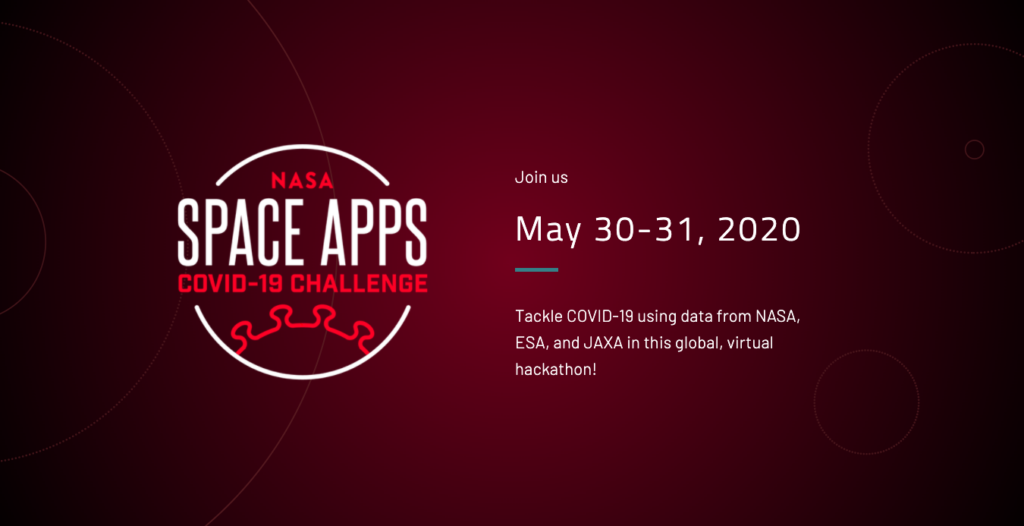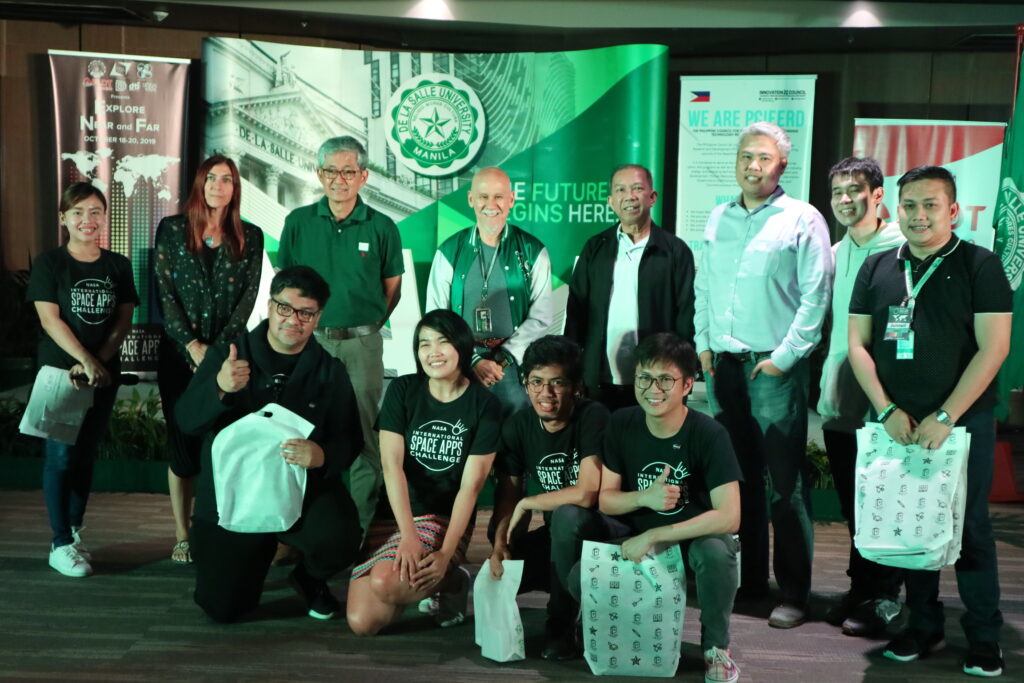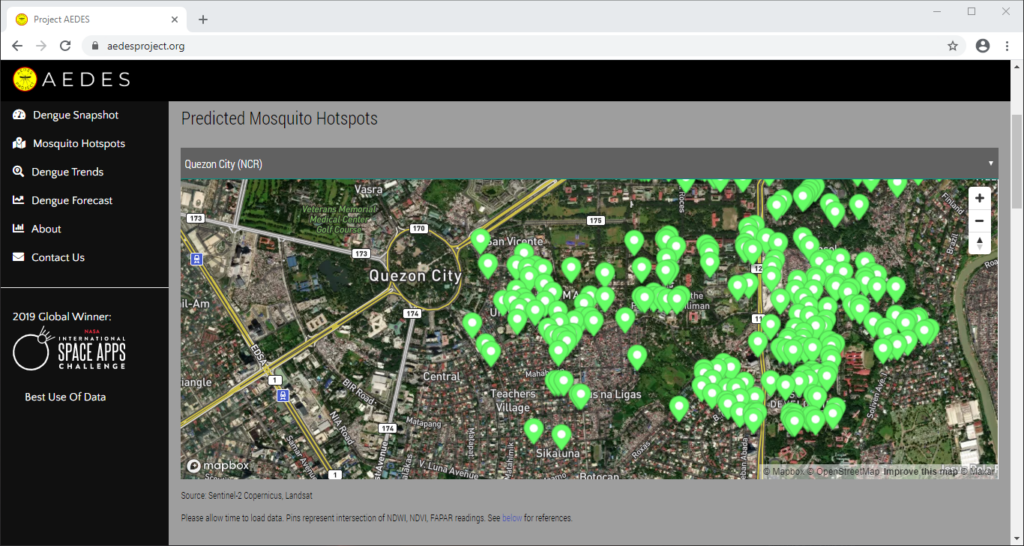NASA’s WFIRST mission will explore the universe, seeking answers to some of its biggest mysteries. From understanding the nature of dark energy to studying planets outside our solar system, this mission will expand our view of the cosmos. Join experts Wednesday, May 20 at 11 a.m. ET for an exciting announcement about the WFIRST mission.
Category: science – Page 94

ADAM’S DREAM
The reality of COVID19 raises a critical question in the mind of Adam Ethan Loeb a young Belgium boy regarding the extinction of the human person. This questions birthed “Adam’s Dream” which for him will help in “Saving Humanity From Extinction”, by “Availing a Multiplanetary Education for the present and Future Generations“
This 12year old boy highly influenced by Elon Musk and Peter H. Diamandis believes that a multiplanetary existence could have prevented the spread of coronavirus.
This young Space Enthusiast believes that since they are the future of tomorrow, well structure Young Space Education System should be availed because the Future is Faster than we think.
In explaining his vision Adam explained, “Adam’s Dream is my vision about the future with regard to preserving our kind and other living things. This idea struck my mind during this novel coronavirus outbreak. As the spread increases day in and day out, I was scared and asked my mum the question, “mum, do you know that living in space could have saved or preserved humanity better”? My reason is, if we become multiplanetary, it will solve the problem of overpopulation and make the human person more creative and resilient.
Thus, in this project, I will be preparing my generation and the ones to come to become multiplanetary Species. We have many Space Advocates; there is no proper attention giving to the younger generation. The future is obscure for my generation, and I want to lead them to light through the help of those who know better in compliance with “Adam’s Dream” rooted in Saving Humanity from Extinction by Availing a Multiplanetary Education for the present and Future Generations. In this, we can have a Sustainable “Kosmic” Environment for Prosperous Living.
Reading the works of Elon Musk gave me the conviction that as a Multiplanetary Activist, I can do this. Elon started thinking about Space at 14 years; I began at 10years. He is no doubt my number one role model followed by Peter H. Diamandis with my effort in understanding the teachings of Sara Seager – Planetary Scientist, K. Radhakrishnan, Carolyn Porco, Jill Tarter, Neil deGrasse Tyson, Liu Yang, Steve Squyres, Louis Allamandola, and David Spergel. I will have a better approach to harnessing the reality of Multiplanetary for my generation on those to come. The reality of Space is faster than you think.”
Lab-Grown Mini Kidneys Are Bringing Science Closer to Custom Organs
Science’s dream of creating perfect custom organs on demand as soon as a patient needs one is still a long way off. But tiny versions are already serving as useful research tools and stepping stones toward full-fledged replacements.
The Lowdown
Australian researchers have grown hundreds of mini human kidneys in the past few years. Known as organoids, they function much like their full-grown counterparts, minus a few features due to a lack of blood supply.


NASA, partners launch virtual hackathon to develop COVID-19 solutions
The U.S. space agency National Aeronautics Space Administration (NASA), European Space Agency (ESA), and Japan Aerospace Exploration Agency (JAXA) are inviting coders, entrepreneurs, scientists, designers, storytellers, makers, builders, artists, and technologists to participate in a virtual hackathon May 30–31 dedicated to putting open data to work in developing solutions to issues related to the COVID-19 pandemic.
During the global Space Apps COVID-19 Challenge, participants from around the world will create virtual teams that – during a 48-hour period – will use Earth observation data to propose solutions to COVID-19-related challenges ranging from studying the coronavirus that causes COVID-19 and its spread to the impact the disease is having on the Earth system. Registration for this challenge opens in mid-May.
“There’s a tremendous need for our collective ingenuity right now,” said Thomas Zurbuchen, associate administrator for NASA’s Science Mission Directorate. “I can’t imagine a more worthy focus than COVID-19 on which to direct the energy and enthusiasm from around the world with the Space Apps Challenge that always generates such amazing solutions.”
The unique capabilities of NASA and its partner space agencies in the areas of science and technology enable them to lend a hand during this global crisis. Since the start of the global outbreak, Earth science specialists from each agency have been exploring ways to use unique Earth observation data to aid understanding of the interplay of the Earth system – on global to local scales – with aspects of the COVID-19 outbreak, including, potentially, our ability to combat it. The hackathon will also examine the human and economic response to the virus.

The Real-Life Science Behind Crysis’ Nanosuit
Circa 2013
“Nanotechnology offers unprecedented possibilities for progress—defeating poverty, starvation, and disease, opening up outer space, and expanding human capacities. But it also brings unprecedented risks—the specter of devastating wars fought with far more powerful weapons of mass destruction.” — Chris Phoenix, Director of Research, Center for Responsible Nanotechnology.
Live Science’s Weekly Coronavirus update with health reporter, Nicoletta Lanese
We are going over the latest news, as well as any breakthrough findings on the virus. In today’s updates, we’ll discuss Remdesivir, elevated risk of severe infection in men, COVID toes, UK vaccine trial as well as answer your questions from the comments below.
Numbers update
:04 Remdesivir
:10 Gender differences with COVID-19
:14 Covid Toes
:16 Rare inflammatory syndrome in children.
:18 UK Vaccine trial
:19 Pete the Cat
:20 How Are people carriers without symptoms?
:25 Could COVID-19 vaccine lead to common cold vaccine?
:27 How to clean groceries after shopping?
:29 Do postmenopausal women suffer infections as bad as men?
:32 How are people in the hospital being treated for COVID-19?
:34 How successful is plasma therapy?
:36 How is COVID-19 data being collected?
:39 Can you get reinfected after recovering from the virus?
:42 How long does immunity last (if immune at all)?
:45 Can the virus enter the body thru the eyes/ears.
NASA Science Live: Asteroid Close Approach
Have you heard about an asteroid close-approach happening on April 29? Asteroid 1998 OR2 poses no threat to our planet, but we can still learn a lot by studying it. Don’t miss a special Planetary Defense episode of NASA Science Live on Monday, April 27 at 3:00 p.m. EDT to learn how we find, track and monitor asteroids and near-Earth Objects.
Systems Biology and the Coming of “Big” Science
Leroy Hood is one of the world’s leading scientists in molecular biotechnology and genomics.
Leroy Hood M.D., Ph.D.
A Personal View of Systems Biology and the Coming of “Big” Science.
This is a truly remarkable time in the biological sciences. Biology now has the opportunity to effectively attack some of the most fundamental problems of society, including healthcare, agriculture, bio-energy, a sustainable environment, and nutrition.

Dengue case predictor mapping system wins the 2019 NASA global hackathon
MANILA, Philippines — A dengue case forecasting system using space data made by Philippine developers won the 2019 National Aeronautics and Space Administration’s International Space Apps Challenge. Over 29,000 participating globally in 71 countries, this solution made it as one of the six winners in the best use of data, the solution that best makes space data accessible, or leverages it to a unique application.
Dengue fever is a viral, infectious tropical disease spread primarily by Aedes aegypti female mosquitoes. With 271,480 cases resulting in 1,107 deaths reported from January 1 to August 31, 2019 by the World Health Organization, Dominic Vincent D. Ligot, Mark Toledo, Frances Claire Tayco, and Jansen Dumaliang Lopez from CirroLytix developed a forecasting model of dengue cases using climate and digital data, and pinpointing possible hotspots from satellite data.

Correlating information from Sentinel-2 Copernicus and Landsat 8 satellites, climate data from the Philippine Atmospheric, Geophysical and Astronomical Services Administration of the Department of Science and Technology (DOST-PAGASA) and trends from Google search engines, potential dengue hotspots will be shown in a web interface.